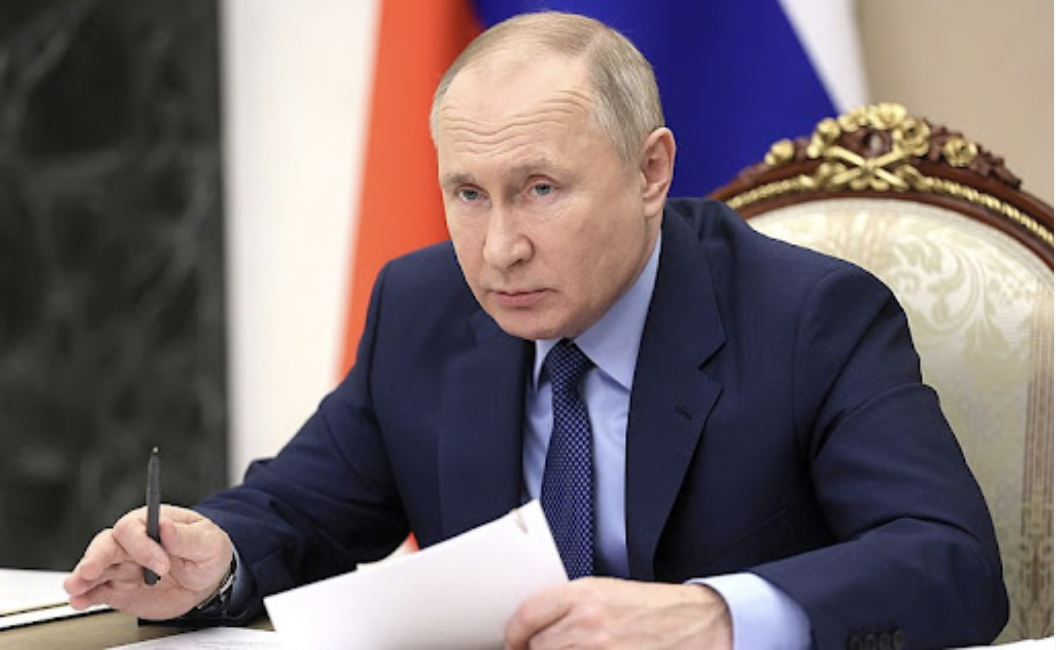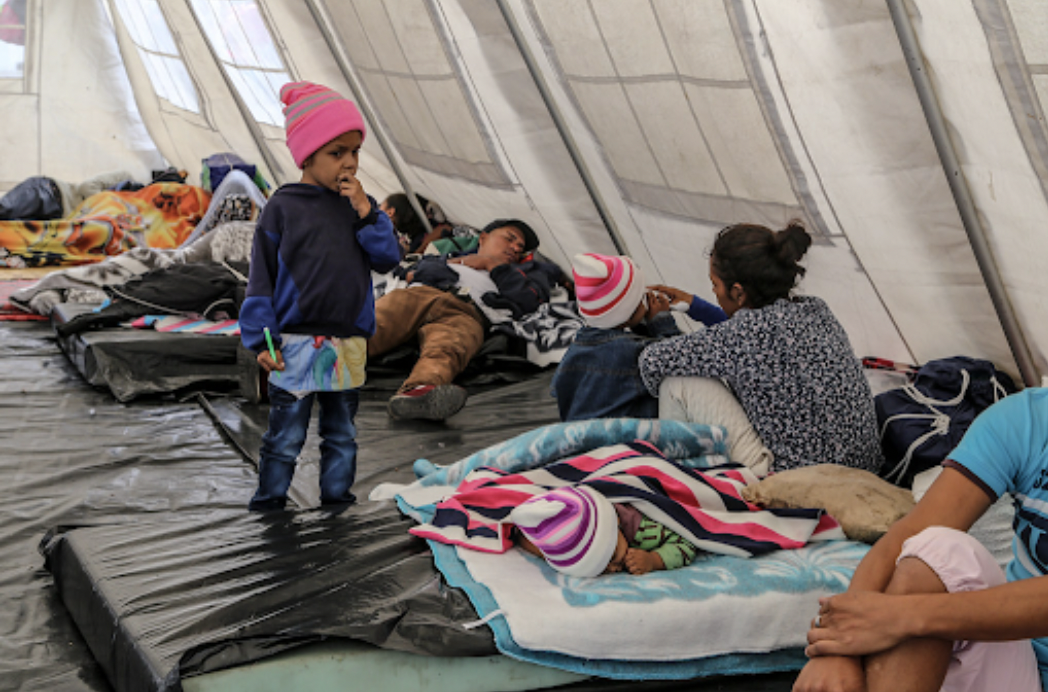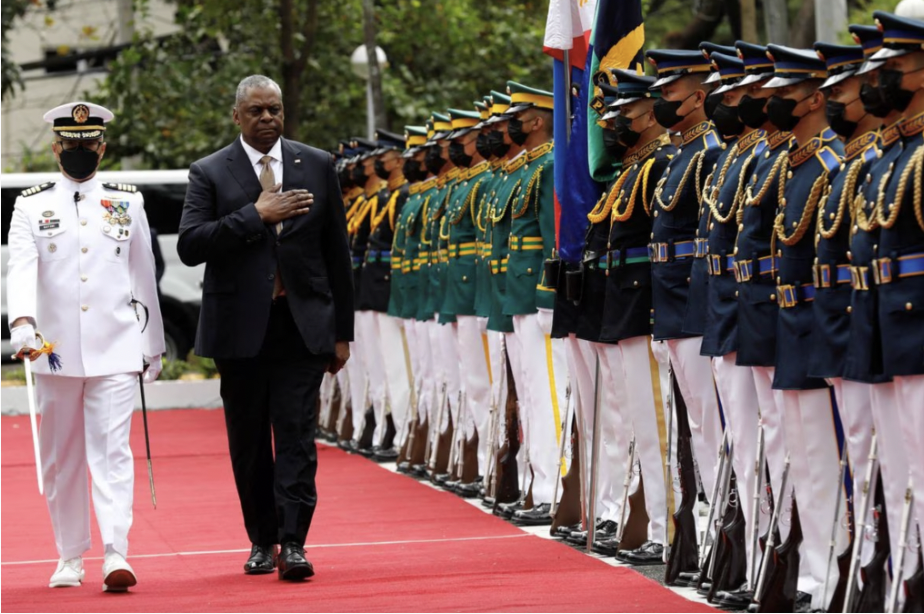
The New EDCA Sites and the U.S.-Philippines Alliance
On February 1st, a significant milestone in U.S.-Philippine relations was achieved. The U.S. Department of Defense stated that the Philippines was in agreement with the U.S. plan to establish four more military sites with the aim of expanding the Enhanced Defense Cooperation Agreement Project (EDCA), which facilitates joint military activities between the two countries and further supports a “strong and resilient alliance”. Through the agreement, the U.S. is allowed to assist with the Philippine military modernization, such as training, exercising, and the preposition of equipment, while stabilizing the alliance and reinforcing credible commitment to the Philippines.
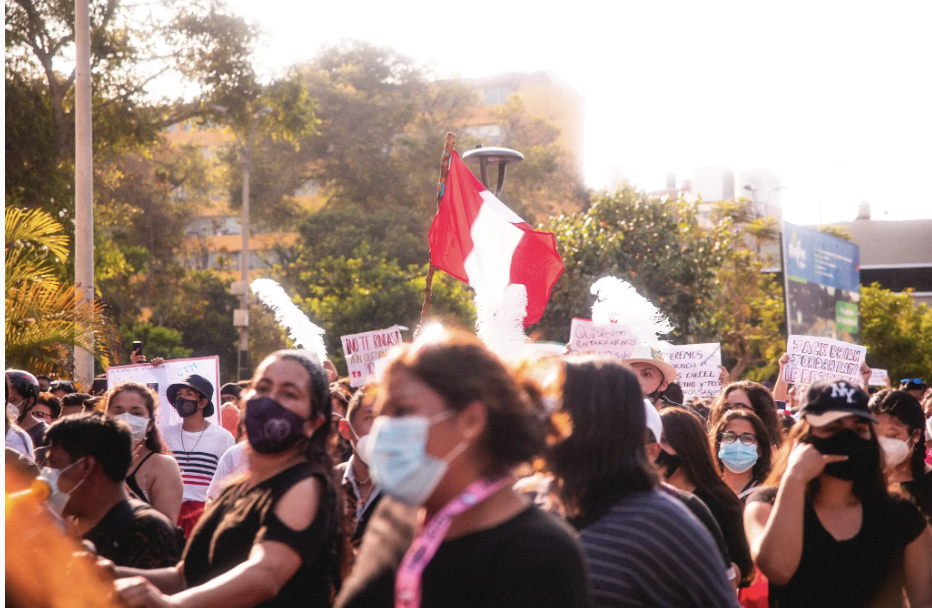



Just What the Doctor Didn’t Order: TikTok’s Algorithmic Diagnoses
Since its release in 2018, TikTok has become a global obsession. The video and photo content sharing app has been accompanied by a wealth of information on nearly every topic you can imagine: recipes, fashion trends, international news reporting, comedic sketches, singing, study tips, you name it– there is already a video about it. However, there is one content category that has psychologists, physicians, and sociologists on their toes: algorithmic mental illness diagnoses. Caroline Petronis, UC San Diego Sociology and Science Studies PhD student, sat down with Prospect to shed light on the increasing prevalence of algorithmic diagnoses and their role in our future.
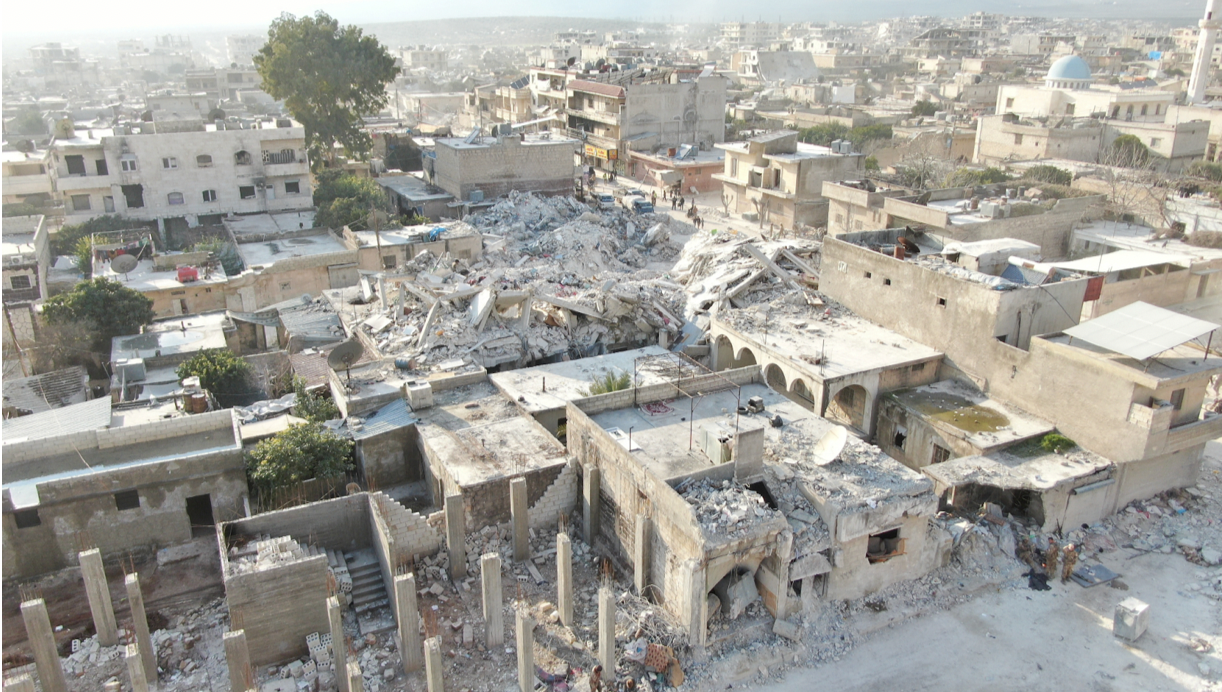
The Tremors of War: Syria’s Aid Crisis
Even prior to the February 6th earthquake, northwestern Syria was ravaged by disease and razed by war. The Idlib province, bordering Turkey’s southern border, is the only major region in Syria still held by opposition forces. Much of the population in Idlib is made up of displaced Syrians, who have fled from Bashar al-Assad’s forces over the course of the twelve year civil war. However, support to the region is limited; the Syrian government alleges that aid— sent through the only official corridor to Idlib, Bab al-Hawa— violates its sovereignty. The earthquake’s destruction, in the wake of Syria’s perpetual political conflict, has exacerbated the dire humanitarian crisis in the Idlib province.

Two Top Female Leaders Resign Within Weeks of Each Other. Is the Culprit Domestic Unpopularity or the Patriarchy of Politics?
When New Zealand Prime Minister Jacinda Ardern announced her resignation on January 18th 2023, the world was shocked. "I'm leaving, because with such a privileged role comes responsibility… I know what this job takes. And I know that I no longer have enough in the tank to do it justice,” she stated in an interview. Almost exactly a month later, Scottish National Party (SNP) Leader Nicola Sturgeon announced her resignation as party leader, explaining to the media that “the nature and form of modern political discourse means there is a much greater intensity— dare I say it, brutality— to being a politician than in years gone by.”
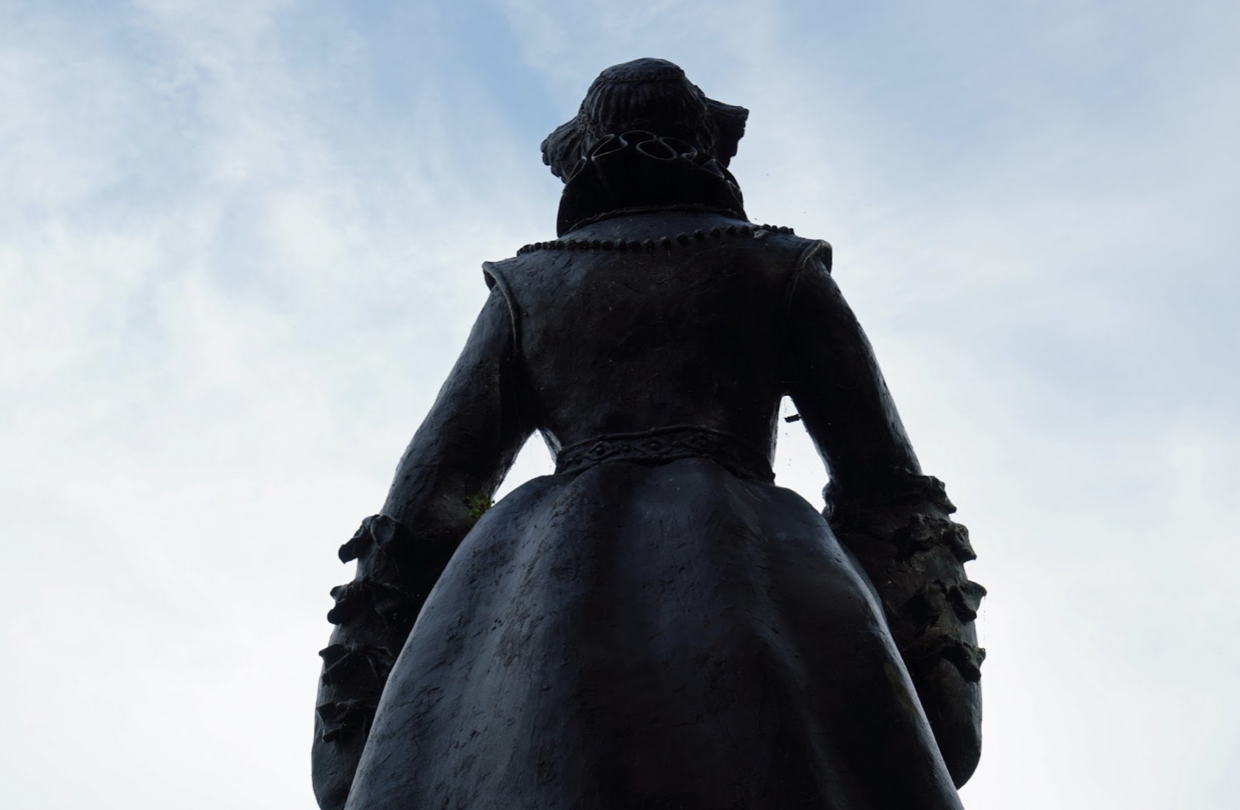
The Lost Letters of Mary, Queen of Scots
Few historical figures have a story quite like Mary Queen of Scots. Mary was under a week old when she became the Queen of Scotland in 1542, and held that title until 1568 when she was forced to abdicate her throne in favor of her son, who was an infant at the time. However, upon her abdication, Mary was detained by her cousin Elizabeth Tudor, the Queen of England at that time. Mary spent the last 19 years of her life detained, until her execution in 1587. The time that Mary spent as a prisoner has fascinated historians for centuries, and on February 8th, the 436th anniversary of Mary’s death, possibly the most important breakthrough on the history of Mary Queen of Scots in a century was released to the public. An international team of cryptographers recently deciphered letters from the 16th century, shocking historians around the world.
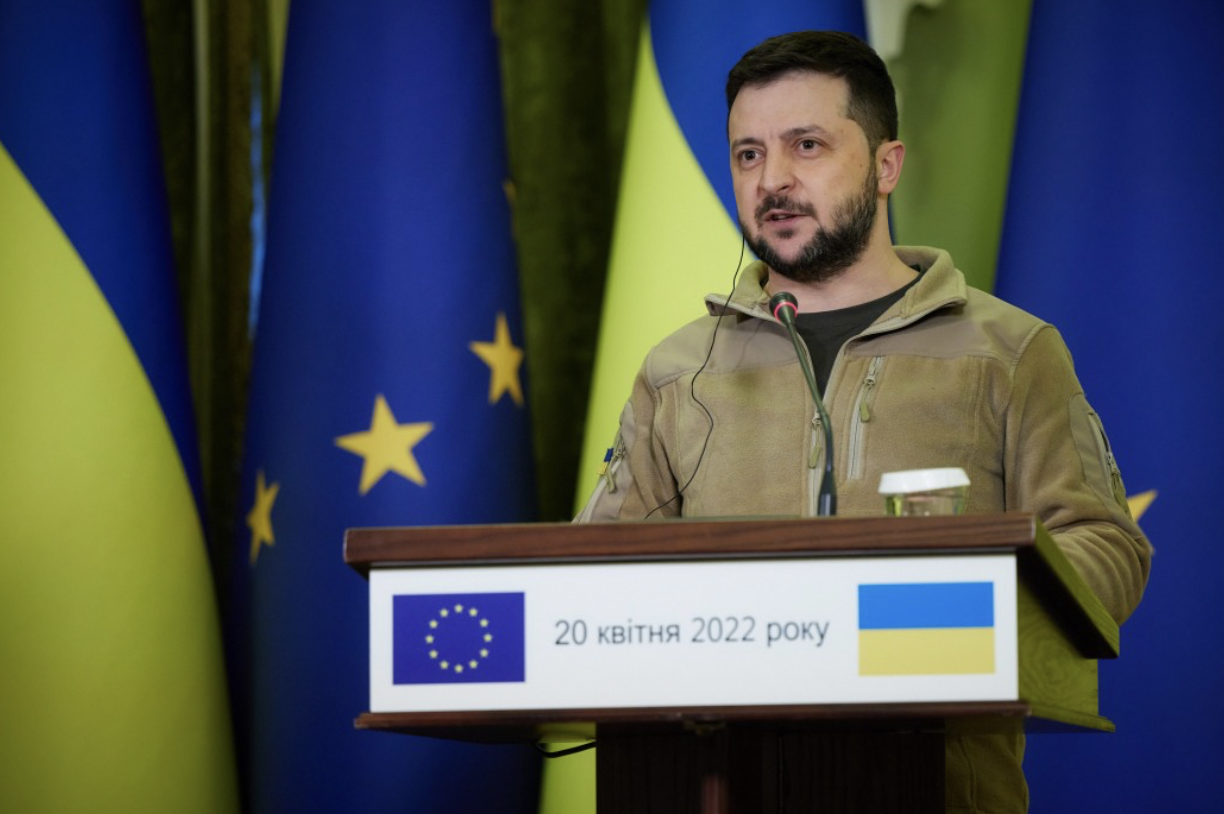
The Ukrainian War One Year Later: Tanks, NATO, and the Modern Rendition of David and Goliath
On February 4th, 2022, Russian forces launched a full-scale invasion of its neighbor Ukraine through a “special military operation.” Now, almost a year later, little has changed geographically, minus the huge displacement of Ukrainians and the overall destruction. But a simple look back would showcase the details that came into play, from Ukraine’s surprising defense, Russia’s military ineptitude, and the unified response from the West when the conflict shows no signs of slowing. Here are some things we can take away from the first year of the Ukrainian conflict.
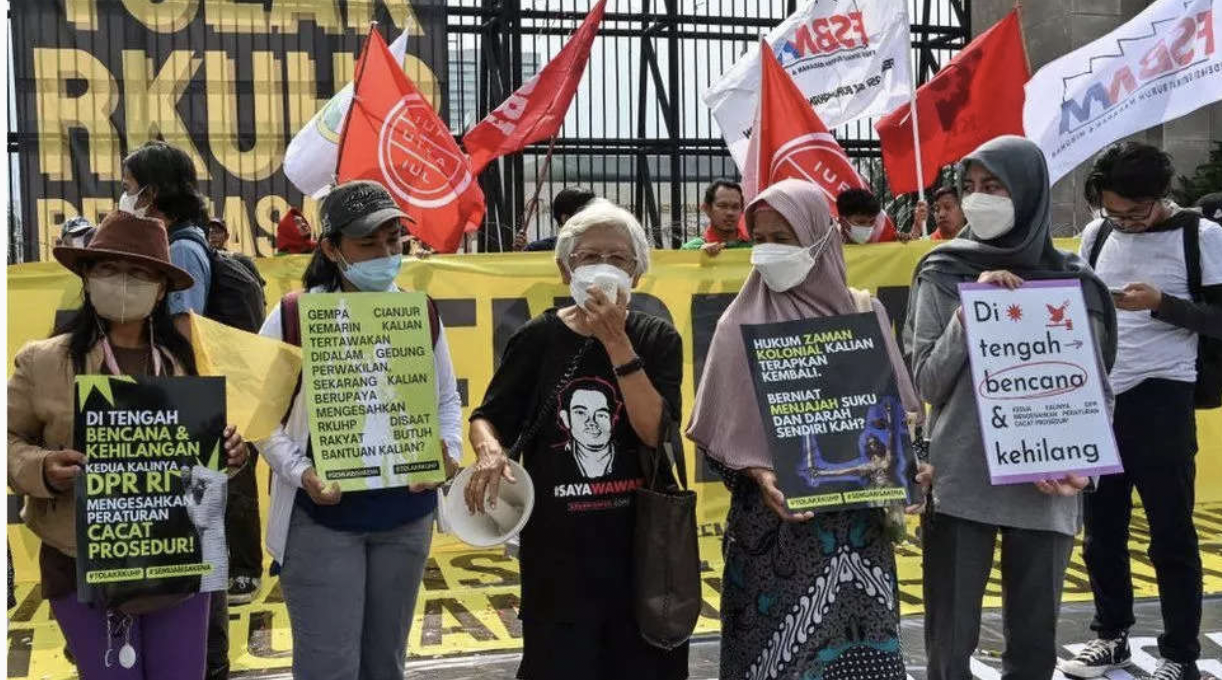




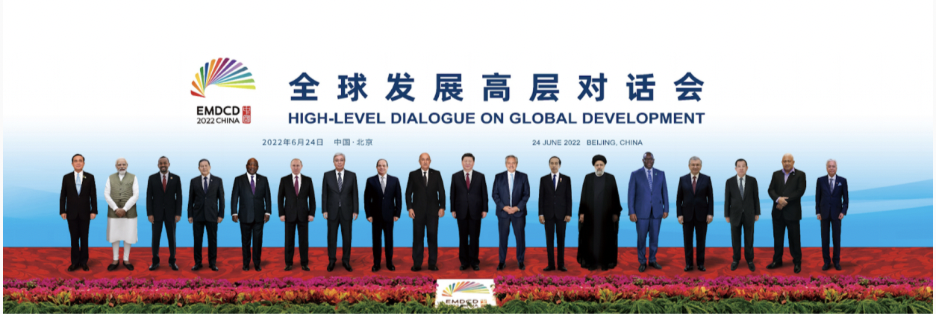
The Rising Global Influence of the BRICS Coalition
Following South African president Cyril Ramaphosa’s announcement in mid-October that the Kingdom of Saudi Arabia was interested in joining the BRICS coalition, the group’s rising influence on the global stage has certainly not gone without notice.
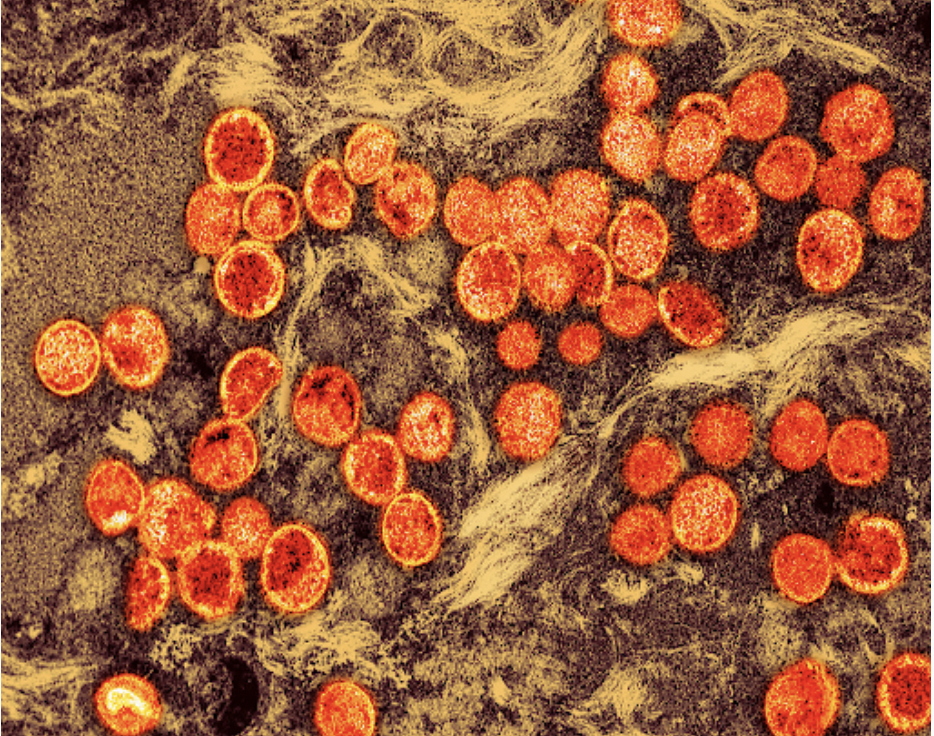
Exploring First-World Ignorance of Monkeypox
On May 18, 2022, the first case of monkeypox in nearly 20 years was recorded in the United States. Prior to this, the virus was for the most part contained within its endemic countries such as Cameroon, the Democratic Republic of Congo (DRC), Nigeria, and South Sudan, having been present in these areas since 1970. Despite the disease’s prevalence in Central and West Africa, it found itself largely ignored by Western media as a pathogen of risk as it took hold in African nations, many of whom lacked the proper health infrastructure to effectively address any sort of disease. Even with a long period of consistent infection in Africa, monkeypox was continuously ignored by the developed world.

